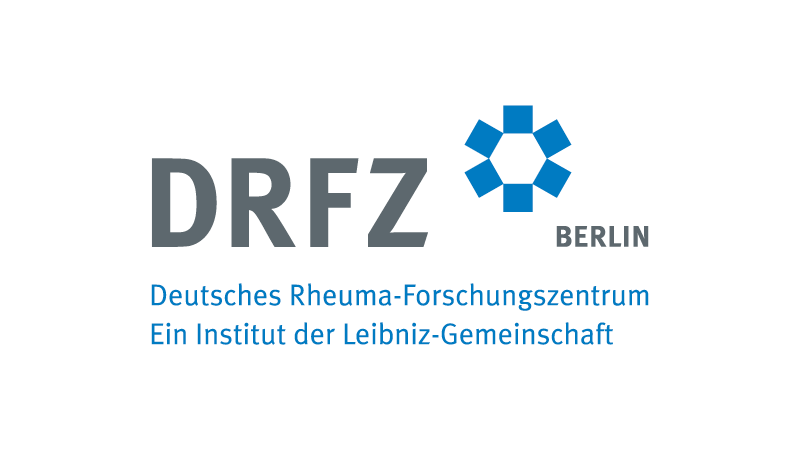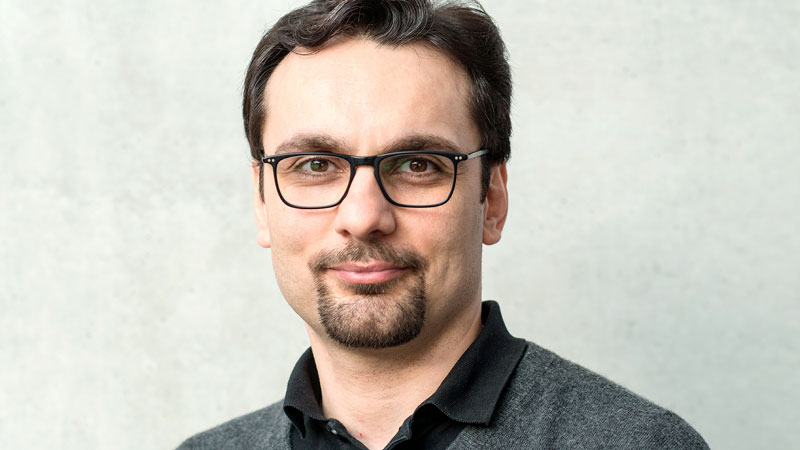In severe COVID-19, SARS-CoV-2 induces a chronic, TGF-β-dominated adaptive immune response
The human immune response to SARS-CoV-2 infection is highly variable, with less than 10% of infections resulting in severe COVID-19 requiring intensive care unit (ICU) treatment. Here we have analyzed the dynamics of the adaptive immune response in COVID-19 ICU patients at the level of single cell transcriptomes and B cell and T cell receptor (BCR, TCR) repertoires. Early after ICU admission, before seroconversion in response to SARS-CoV-2 spike protein, patients generate activated peripheral B cells with a type 1 interferon-induced gene expression signature. After seroconversion, patients display circulating activated B cells expressing an IL-21-induced gene expression signature and mainly IgG1 and IgA1, two isotypes induced by IL-21 and TGF-β, respectively. In sustained COVID-19, the persistent immune reaction is shifted to IgA2-expressing activated peripheral B cells, displaying somatic hypermutation, and expressing TGF-β-induced signature genes, like IgA germline transcripts. The switch from an IgG1 to an IgA2-dominated B cell response correlates with the appearance of SARS-CoV-2 reactive follicular T helper cells expressing IL-21 and/or TGF-β in the blood.
Session 7: Cutting Edge
(Sars-CoV-2) Part 2
Friday
October 2, 2020
13:00 -14:00

Despite the continued presence of IgA2-expressing B cells and IgA antibodies in the blood of progressed COVID-19 patients, IgA2 secreting cells were scarce in the lungs of deceased COVID-19 patients. In summary, in severely affected COVID-19 patients SARS-CoV-2 triggers chronic immune reactions which are controlled by TGF-β, with most of the activated B cells being no longer specific for the SARS-CoV-2 spike protein and its receptor binding domain, nor for nucleoprotein. TGF-β may candidate as a target to ameliorate detrimental immunopathology in those patients.

Deutsches Rheuma-Forschungszentrum Berlin, a Leibniz Institute: Therapeutic Gene Regulation || Regine von Ramin Lab Molecular Rheumatology || BCRT/DRFZ Single-Cell Laboratory for Advanced Cellular Therapies
The Biochemist finished his PhD thesis at the Institute of Medical Immunology, Charité Universitätsmedizin Berlin in 2007. Afterwards Mir-Farzin Mashreghi moved to the Deutsches Rheuma-Forschungszentrum Berlin (DRFZ), a Leibniz-Institute. Since 2016 he leads the group Therapeutic Gene Regulation at DRFZ and in 2020 he became the scientific head of the “BCRT/DRFZ Single-Cell Laboratory for Advanced Cellular Therapies” a joint laboratory of the DRFZ and the Berlin Institute of Health Center for Regenerative Therapies (BIH BCRT).
His research focusses on identification and characterization of cells that trigger and drive the pathogenesis of rheumatic diseases. He aims to determine which genes and regulatory ribonucleic acids (RNAs) are selectively switched on in “disease causing” pathogenic cells versus healthy cells to target them by therapeutic oligonucleotides.
With his expertise on Single-Cell-Sequencing Farzin and colleagues from DRFZ and Charité, as Helena Radbruch, started a study with ICU patients infected with COVID-19. During the challenging lockdown time the very enthusiastic team has analyzed the dynamics of the adaptive immune response in at the level of single cell transcriptomes and B cell and T cell receptor (BCR, TCR) repertoires.
Links
Lab at the DRFZ:
Therapeutische Genregulation
Further presentations:
Publications
In severe COVID-19, SARS-CoV-2 induces a chronic, TGF-β-dominated adaptive immune response
Single-cell transcriptomes of murine bone marrow stromal cells reveal niche-associated heterogeneity
Selective targeting of pro-inflammatory Th1 cells by microRNA-148a-specific antagomirs in vivo

